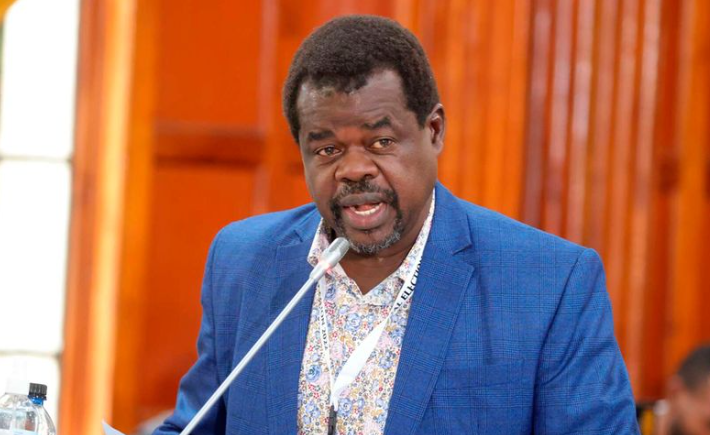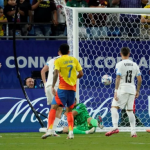Theft of public assets is intentionally misrepresented as corruption, rather than straightforward theft. Then, an anti-corruption commission is established to combat it.
Why don’t we have a commission dedicated to fighting both corruption and theft? What exactly is corruption?
Similarly, they mischaracterize crimes like cattle rustling, calling it a cultural activity instead of robbery with violence. Once something is mischaracterized, it can be distorted.
The anti-corruption commission and other similar agencies often seem to serve as mechanisms for the elite to shield themselves from the consequences of their actions. They tend to target lower-level officials like secretaries, while the big players escape scrutiny. When the sums of money involved are substantial, no one investigates or holds accountable those responsible.
It’s almost like a farce. Why can’t we just let the Economic Crimes Unit within the Directorate of Criminal Investigations (DCI) do its job?
It’s worth noting that the Ethics and Anti-Corruption Commission (EACC) is led by a bishop, which raises questions about its effectiveness. According to the constitution, EACC’s mandate primarily involves implementing Chapter Six, which focuses on integrity—ensuring punctuality, professionalism, and preventing conflicts of interest.
For instance, if a meat inspector finds a butcher selling tainted meat, they call the police instead of handling the matter directly. This approach creates an illusion of action while achieving little in reality. Even if the police make arrests, suspects often get released shortly thereafter.
Efforts to combat corruption must start with the country’s chief executive—the President. If the President tolerates corruption, progress is unlikely. President William Ruto, for example, has been criticized for pardoning individuals with questionable backgrounds and not demonstrating a commitment to fighting corruption.
Corruption is not just an act but a systemic approach. To combat it effectively, one must target the individuals involved—the corrupt individuals themselves. Thus, the focus should be on tackling corruption at its source rather than treating it as an abstract concept.



